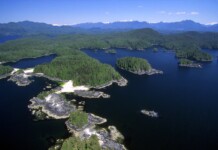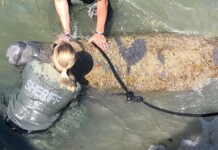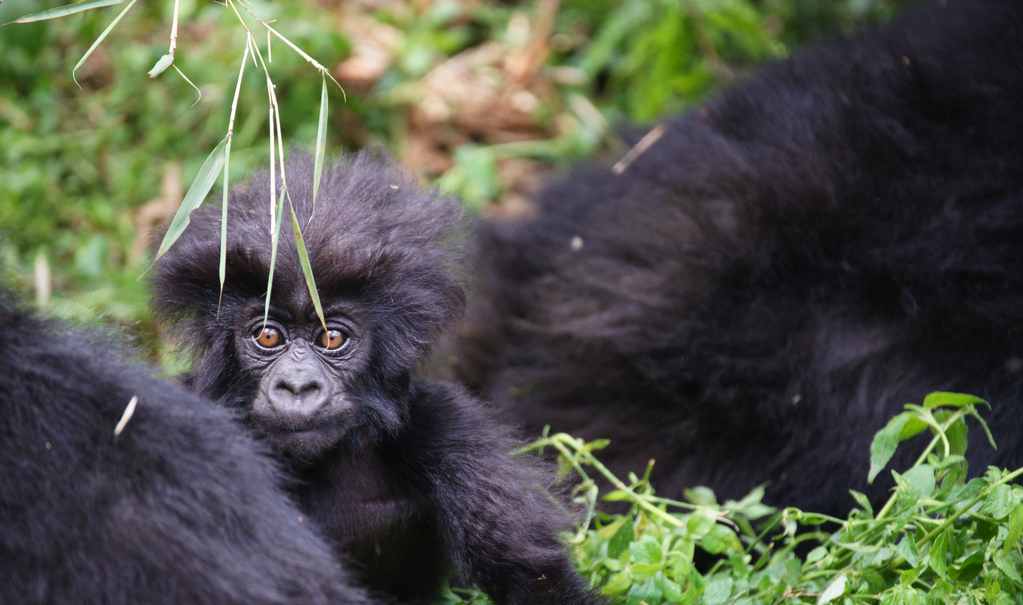Conservationists have claimed one of their greatest successes in recent years following the unexpected decision by British oil company Soco to stop exploring in the Virunga National Park, a world heritage site in the Democratic Republic of the Congo.
The decision to pull out of Virunga, which is home to half of the world’s 950 mountain gorillas, as well as hippos and elephants, follows legal action by WWF, pressure from the British government and UNESCO, and a petition with more than 700,000 signatures.
In a joint statement with WWF, the company said: “Soco has agreed with WWF to commit not to undertake or commission any exploratory or other drilling within Virunga national park unless Unesco and the DRC government agree that such activities are not incompatible with its world heritage status.”
Virunga is host to invaluable biodiversity and rare animals such as the legendary and critically endangered mountain gorillas. Additionally, over 50,000 families depend on the park’s Lake Edward for jobs, food and drinking water. In an independent report commissioned by WWF, researchers found that the park could grow in value to over US$400 million annually through activities such as ecotourism and fisheries.
“If free from the threat of oil, Virunga can be a continuing source of hope for the people of DRC. As in other African countries, with proper investment, this park can become a leading economic driver for its communities,” said Raymond Lumbuenamo, Country Director of WWF-DRC.




















